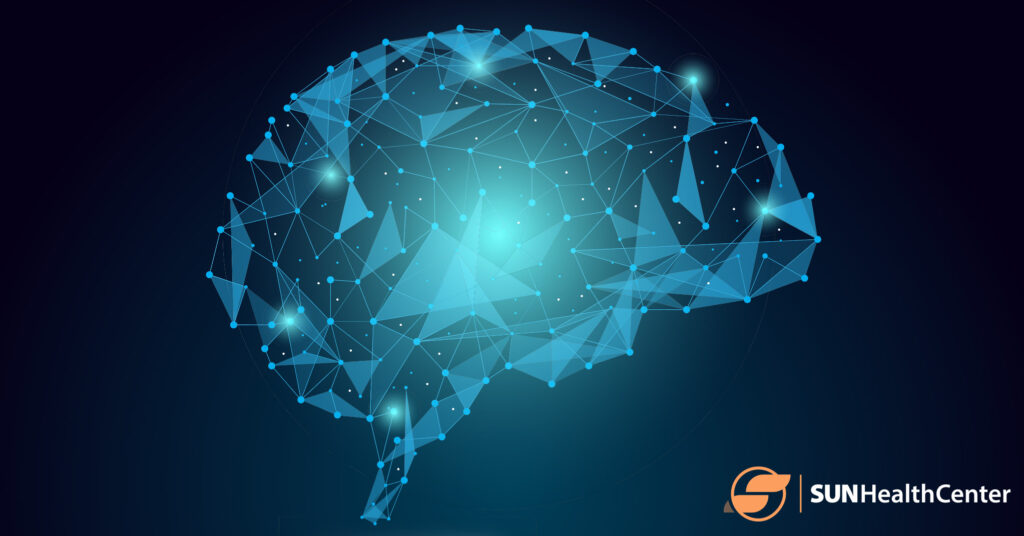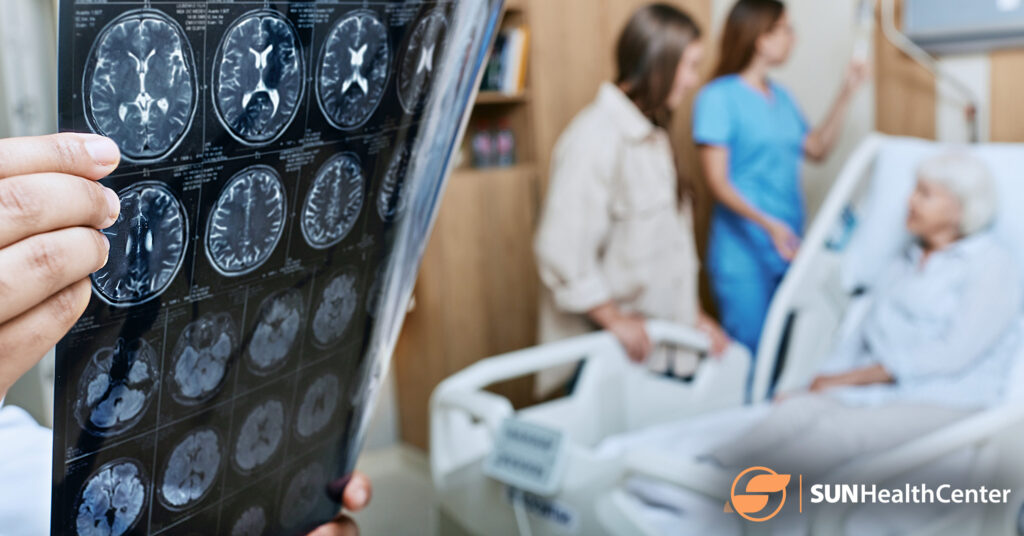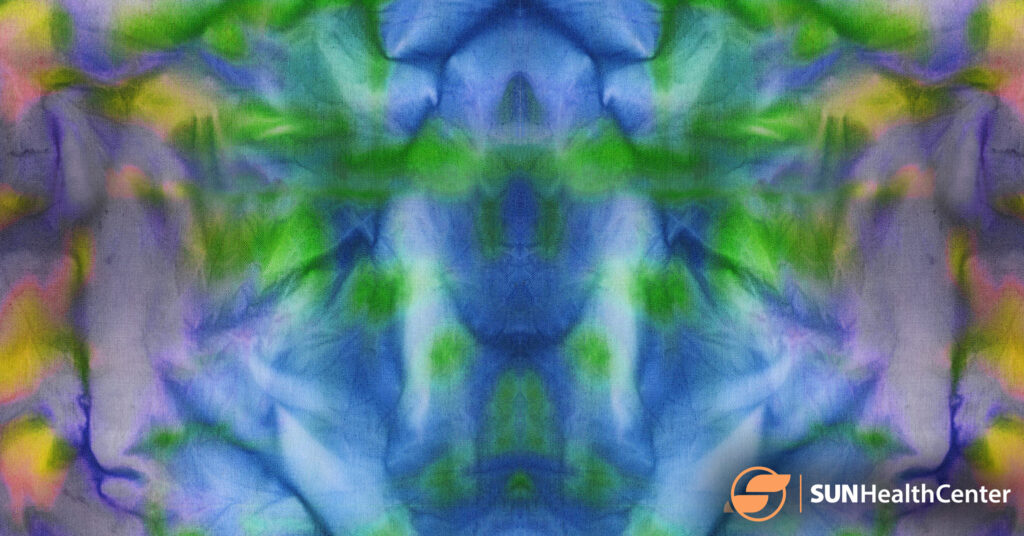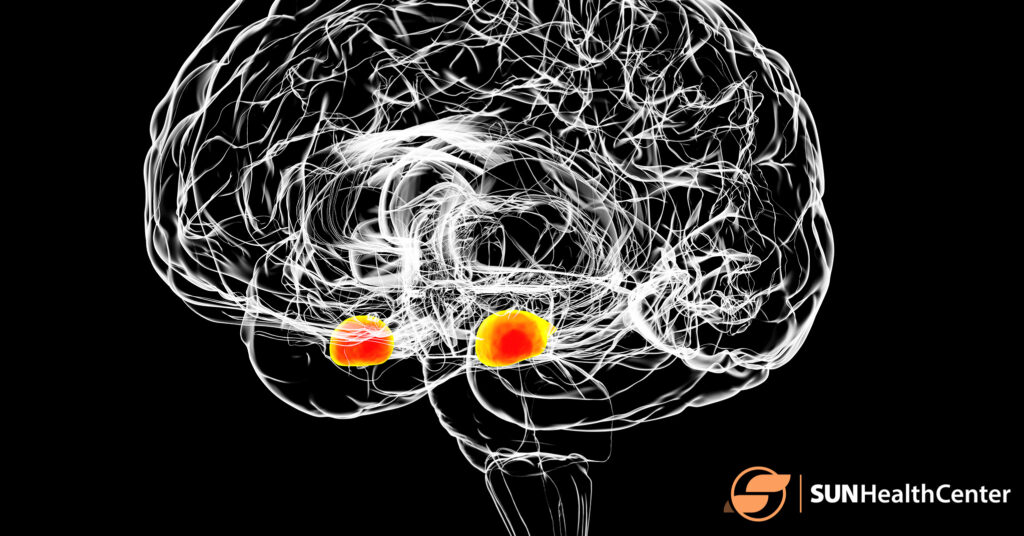Are you curious about a unique method for managing anxiety? Emotional freedom techniques (EFT), also known as tapping therapy, might be right for you. You can use this method to reduce your anxiety alongside other treatments, such as talking therapies or medication. In this article, we'll take a deep dive ...
Articles
Brain Mapping Therapy – The Dummy’s Guide
Brain mapping, or brain wave training, is a new approach to treating anxiety, depression and ADHD. The idea of neurofeedback isn't new. It's something that's been around for decades. However, EEG brain mapping is a relatively new technology and one that's revolutionizing mental health care. In this article, ...
The New Alzheimer’s Breakthrough from a Neurosurgeon
Anyone who knows someone who is battling or has battled Alzheimer's disease will know how difficult it can be to watch the condition progress. Alzheimer's disease disrupts the communication between neurons in the brain, affecting memory and cognitive function. An Alzheimer's diagnosis can be a shock, both to ...
Secrets to Overcoming Performance Anxiety in a Sport
Nearly one-third of Americans will experience anxiety at some point in their lives, according to the National Institute of Mental Health. Athletes in particular may face anxiety as a game or match approaches. A 2019 study published in Frontiers in Psychology investigated the impact of performance anxiety ...
Help for Top 5 Most Common Work-Life Problems
There's nothing wrong with feeling proud of your career and achievements at work, but it's not good for work to take priority above all else. Finding work-life balance can be difficult, but it is possible. Let's look at some of the most common reasons that result in poor work-life balance and how you can fix ...
Legalizing Psychedelics Gains Support in More States
In recent years, a paradigm shift has taken place in the public discourse surrounding psychedelic substances. Today, an increasing number of states are beginning to embrace the idea of psychedelic legalization, at least for medicinal use. Let's take a look at the latest psychedelics legalization trends to get ...
Plastic Surgery—A Lift for Mental Health?
Cosmetic procedures and mental health have an undeniable link. In the best-case scenario, plastic surgery is a sound decision that can improve self-confidence and self-worth. However, the far more common case is someone who's in a bad mental health state thinking plastic surgery is going to be the cure for ...
Niacin for Mental Health and Focus?
The connection between nutrition and mental wellness has been well-documented, yet we're still working to understand how these two factors interact. Many vitamins have been linked to mental health improvements and continue to be studied as possible keys to unlock solutions to a variety of mental health ...
The Influence of the Amygdala on Mental Health
The amygdala is a pair of tiny, almond-shaped parts of your brain that play an important role in your reactions to the world around you. This little area is an integral part of your emotions, fear response and motivation. As a result, the amygdala and mental health are deeply connected. Knowing what the ...
The Importance of Self-Compassion, According to a Mental Health Expert
As the idea of self-esteem begins to wane as a framework for understanding mental health, self-compassion's benefits are drawing curiosity from the experts. One of the hottest topics in current psychology is self-compassion. Pioneered by mental health experts such as Dr. Kristin Neff as an alternative ...










